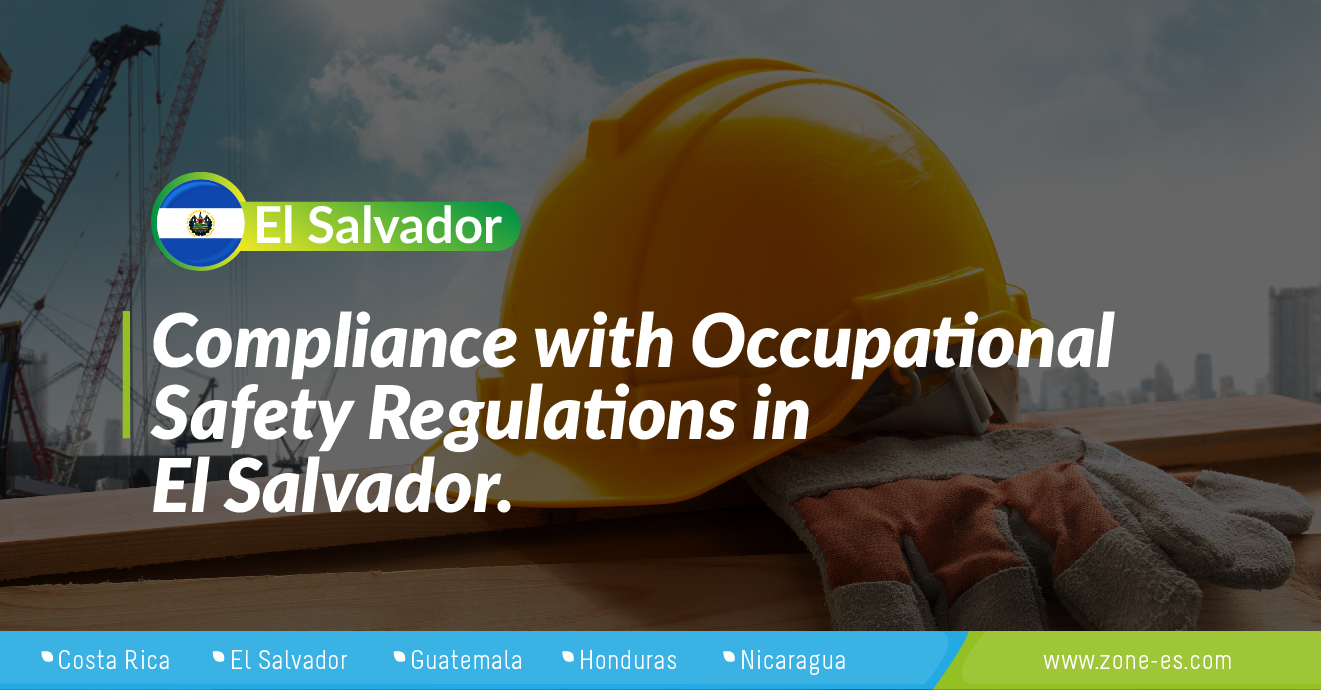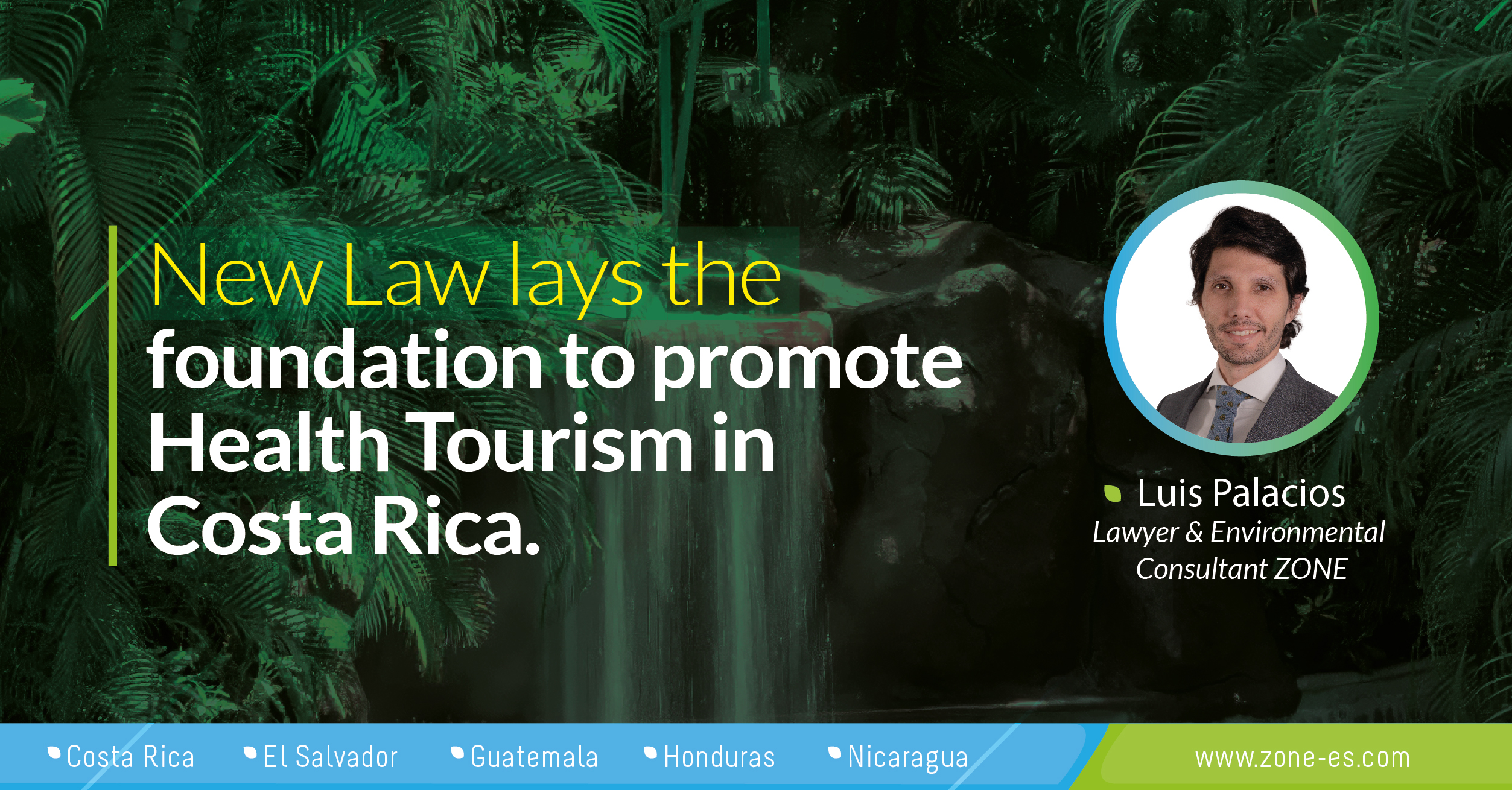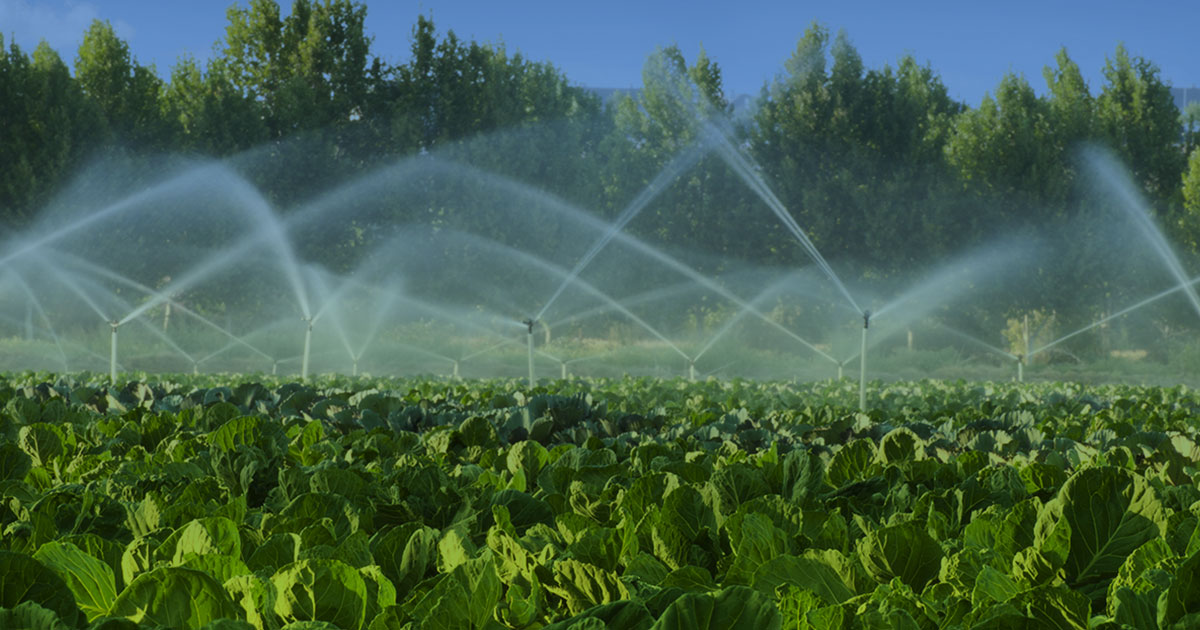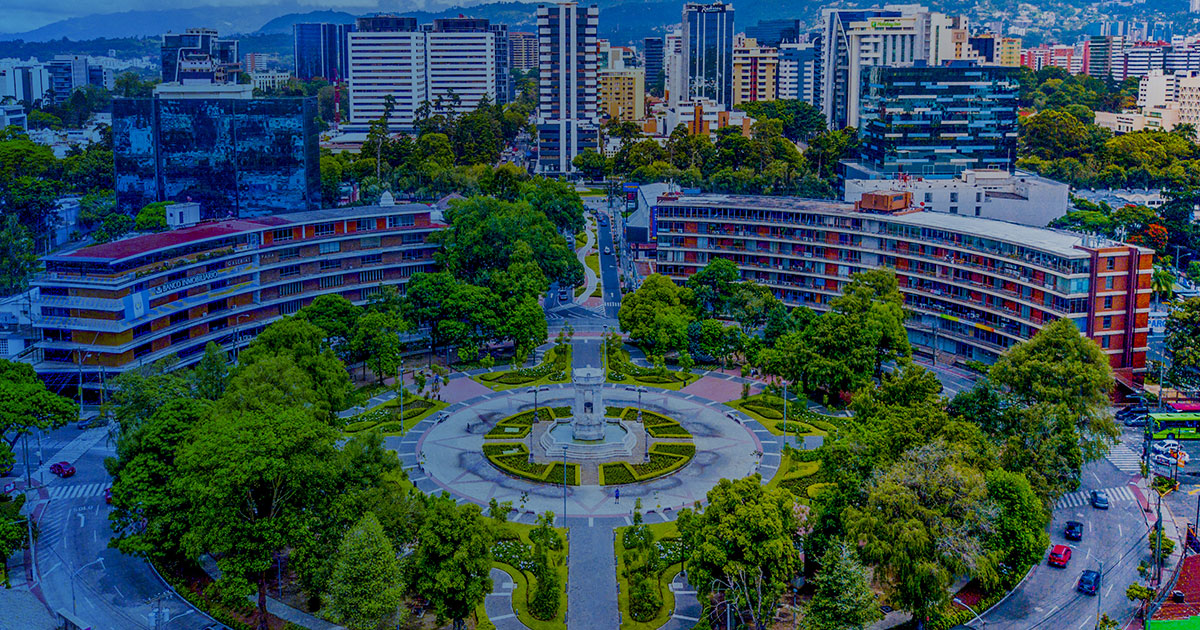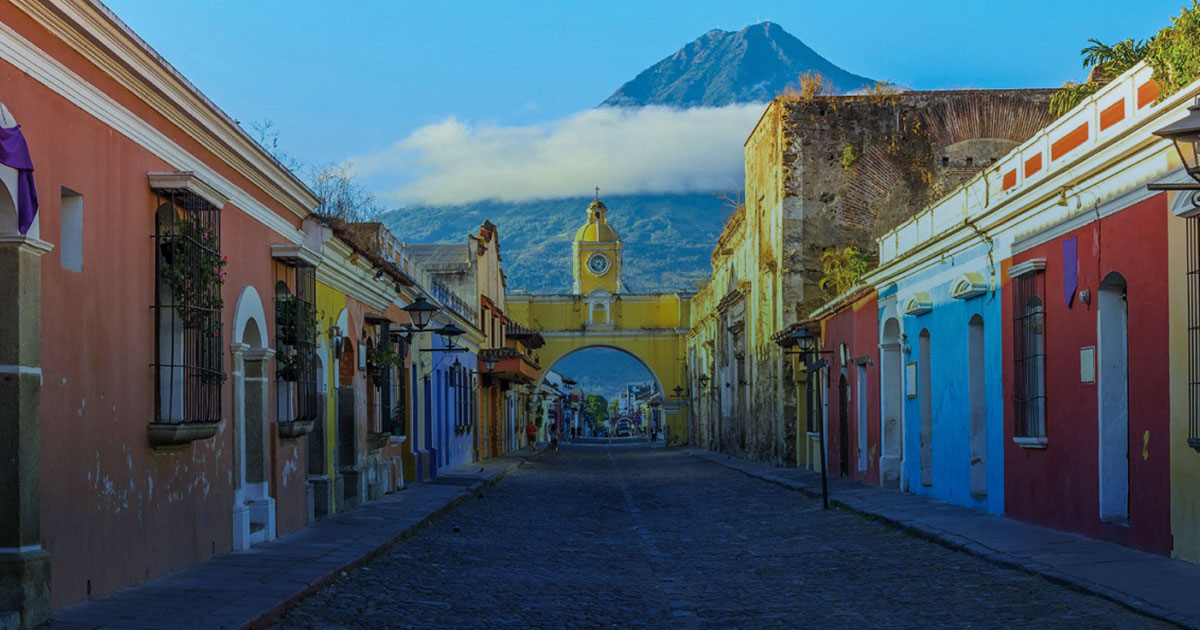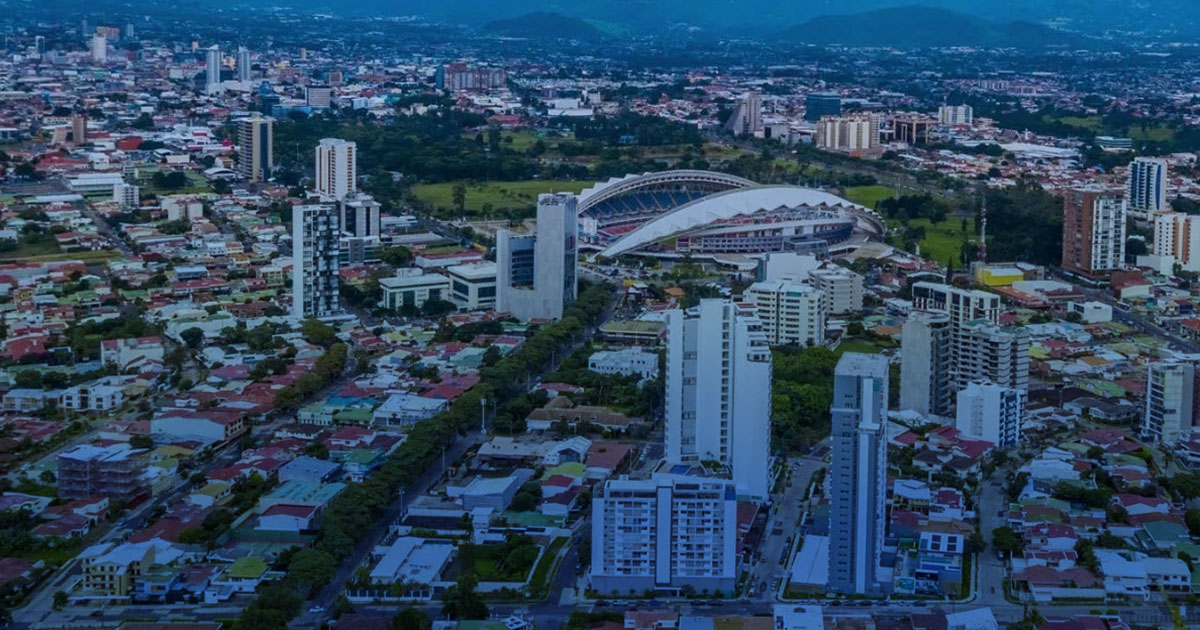Occupational Health and Safety has the objective of applying necessary measures for the prevention of risks related to work and plays a very important role in achieving the objective number 3 of sustainable development proposed by the United Nations Organization: Guarantee a healthy life and promote well-being for all.
In practice, it is an extension to the labor field of the duty that every person has to diligently avoid personal accidents and those of their dependents established by the General Health Law. But taking into account the diversity of situations to which people can be exposed in their work activity, there is a wide range of regulations to ensure the protection of people in their jobs.
The application of these rules is mandatory and they are not relaxed through contracts between the parties; However, the obligations in Occupational Health and Safety do not fall solely on the employers, since all workers are also obliged to comply with the legal norms and the internal rules indicated by the company in accordance with what is indicated in article 6 of the General Regulation. Occupational Safety and Hygiene.
Next, we will point out some of the Occupational Health and Safety issues of greatest incidence for companies:
* Work establishments: The work premises must comply with the location and construction conditions required by the health, morals and comfort of the workers.
Likewise, every building with more than one floor must have at least one highly fire-resistant emergency staircase, with railings and handrails.
* Space conditions: It must be ensured that workers have a work area greater than two square meters, and two and a half meters in height. However, the height can be reduced in special cases, but compensated by artificial means of ventilation and lighting.
For their part, the corridors must be wide enough in relation to the number of workers who must circulate through them, even considering cases of emergency evacuation.
* Emergency exits: The regulations do not establish a minimum number of emergency exits, but instead order that they be sufficient and conveniently arranged for a successful evacuation. Thus, in small premises, the emergency exit may be the same conventional entrance and exit, however, they must have visible notices that say “Emergency Exit”.
No emergency exit should be locked or any other mechanism that makes it difficult to open them easily in times of high pressure.
* Ventilation: In closed premises, the air must be renewed according to the number of workers and the nature of the work. Air renewal can be natural or artificial, taking into account the speed of entry, conditions of purity, temperature and humidity, so that it is neither annoying nor harmful to workers.
* Outdoor work: When work must be done in the open or semi-open air, extreme temperatures should be mitigated as much as possible and workers should be protected from adverse situations in general. Adequate equipment must be provided to protect workers from rain and dust.
When outdoor work can subject workers to situations of thermal stress due to heat, a hydration, shade, rest and protection protocol must be designed and executed.
* Lighting: Workplaces must have adequate lighting for safety and performance of duties. Artificial lighting should only be used when natural lighting is not feasible or sufficient.
* Cleaning: The premises must always be kept in normal cleanliness conditions. When the sweeping or cleaning of the floor, walls and ceiling can produce dust, wet cleaning methods have to be applied.
Cleaning should be done outside of working hours, preferably after the end of the day. But if you prefer to do it before the start of the working day, it must be done with enough time in advance so that the place is aired for at least half an hour before starting the working day. When the working day is continuous, it must be done when there is less volume of people in the establishment.
* Fire protection: The facilities must have means of evacuation, machinery, equipment or instruments to prevent and fight fires according to their needs, taking into account the number of workers, the work space and the activity carried out.
In addition to the topics mentioned, there are many other situations that can pose risks to everyone in the performance of our work, and which are regulated under an approach that gives priority to risk prevention.
These standards are important primarily to prevent accidents and protect people, but they also contribute to the effectiveness of work functions and prevent events that may have negative repercussions for the performance of work.
